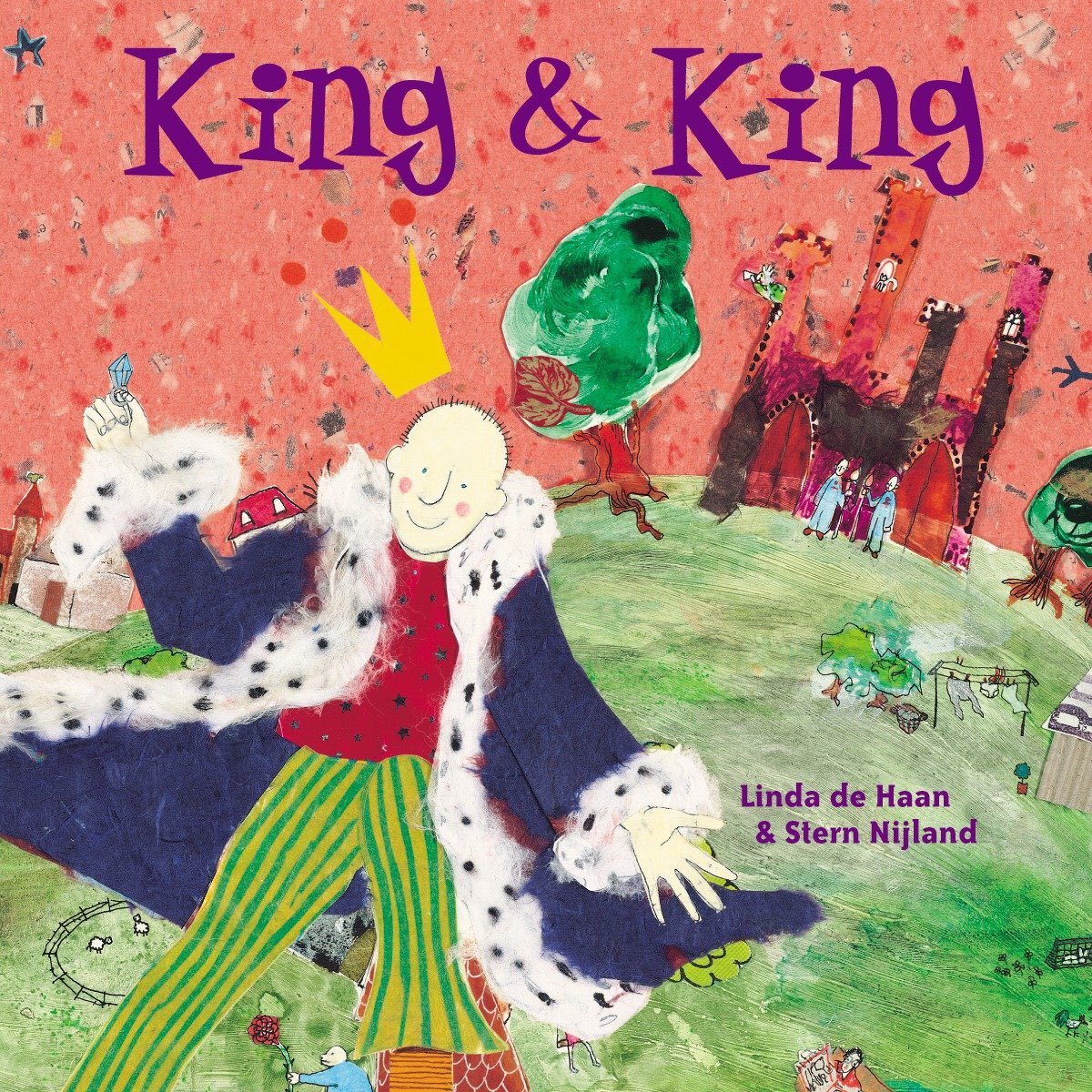
Heads up #DigitalDetectiveSquad! Here's a quick #infolit lesson ripped straight from today's trending topics.
As I type this, the #mayoclinic is trending (on Twitter).
As I type this, the #mayoclinic is trending (on Twitter).

A quick look to find out why leads you to headlines like this one. For some time, this story (from NBC News), was the top result in the #mayoclinic feed. However, scroll down just a bit and the same headline, from dozens of other outlets, is repeated & shared thousands of times. 

Here's what's missing from that headline: the #mayoclinic employs over 70,000 people. 700 people = less than 1% of its total workforce.
The headline to this story could have read "Vaccine mandate at Mayo Clinic results in employee firings of less than 1%"
News outlets make...
The headline to this story could have read "Vaccine mandate at Mayo Clinic results in employee firings of less than 1%"
News outlets make...

intentional choices about how to word headlines, bylines, picture captions and other entry points to information. The same is true for all content creators, whether they are trained journalists, online influencers, trolls etc..
This is important.
When we ask kids to define...
This is important.
When we ask kids to define...
#medialiteracy terms like "headline" those definitions tend to focus on outdated ideas about how these content elements really function. While it's true that headlines do provide us with an introduction to the content that follows, their primary purpose is to increase engagement. 

In a world where we (collectively) have decided that information should be free, content creators (of all types) must employ tools that get us to click. In a click driven information economy, the article itself might be free, but we pay in other (and arguably more costly) ways. 

Today's headlines about the mayo clinic were worded in a way that triggers an emotional response. Those emotions then drive how we engage with the content.
For example, a person who believes vaccine mandates are an important tool in the fight against COVID might engage with...
For example, a person who believes vaccine mandates are an important tool in the fight against COVID might engage with...
this content by liking the tweet or following the account sharing it. On the other hand...
A person concerned about shortages of healthcare workers during a pandemic might engage with the tweet by sharing it along w/their thoughts on that topic.
Either way both people engage.
A person concerned about shortages of healthcare workers during a pandemic might engage with the tweet by sharing it along w/their thoughts on that topic.
Either way both people engage.
And in most cases, w/o reading the entire story or digging more deeply into its context.
Recent Twitter updates include a warning when a conversation might be emotionally triggering. But it's still up to us to recognize when those buttons are pushed by the content itself.
Recent Twitter updates include a warning when a conversation might be emotionally triggering. But it's still up to us to recognize when those buttons are pushed by the content itself.

Here are some questions to help todays learners a) understand how information has many purpose, and b) develop strategies for recognizing and navigating their own emotional responses in order to be both better informed, and less likely to be fooled/manipulated by sketchy content:
1. How does this headline make me feel?
2. How do these feelings affect my urge to trust/share this content?
3. How would greater context about this information affect those feelings?
4. How could this headline be reworded to focus more on information and less on engagement?
2. How do these feelings affect my urge to trust/share this content?
3. How would greater context about this information affect those feelings?
4. How could this headline be reworded to focus more on information and less on engagement?
Helping learners understand how:
🔍 content elements like headlines have evolved over time, and...
🔍 to recognize when those elements trigger emotions that may influence their urge to engage...
= opportunities for the #digitaldetectivesquad to change the way #infolit is taught!
🔍 content elements like headlines have evolved over time, and...
🔍 to recognize when those elements trigger emotions that may influence their urge to engage...
= opportunities for the #digitaldetectivesquad to change the way #infolit is taught!
• • •
Missing some Tweet in this thread? You can try to
force a refresh





